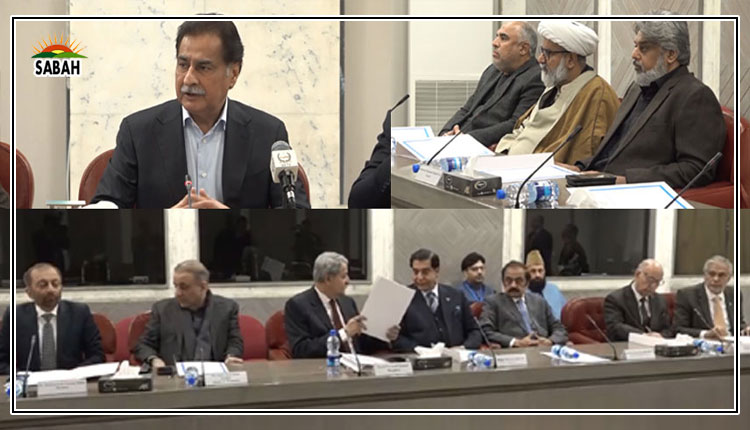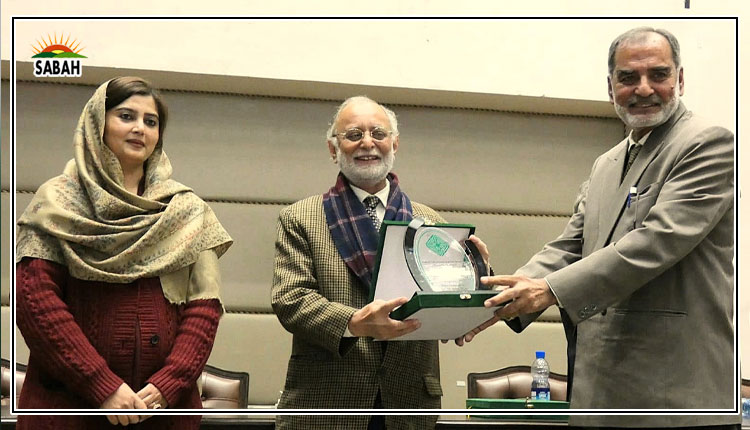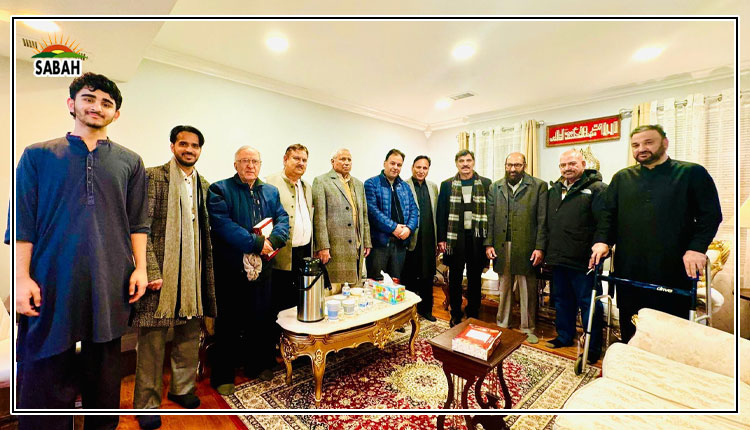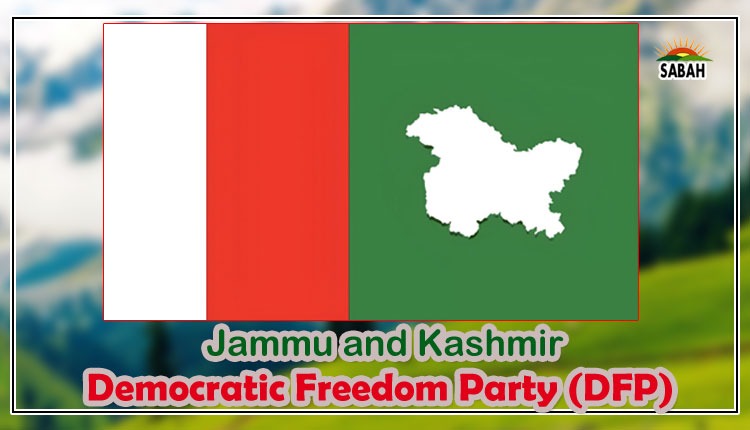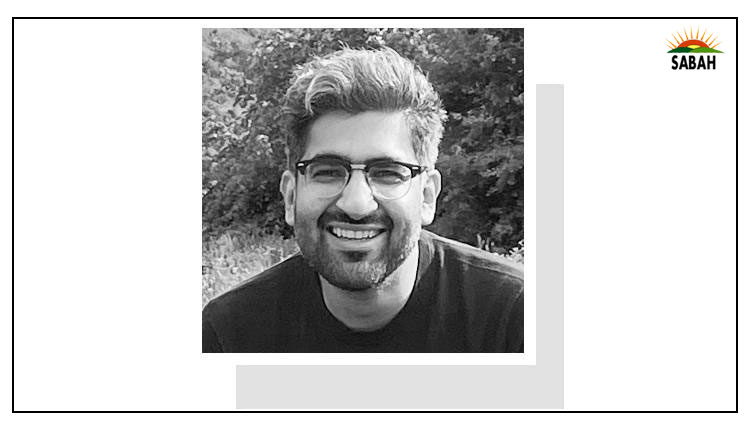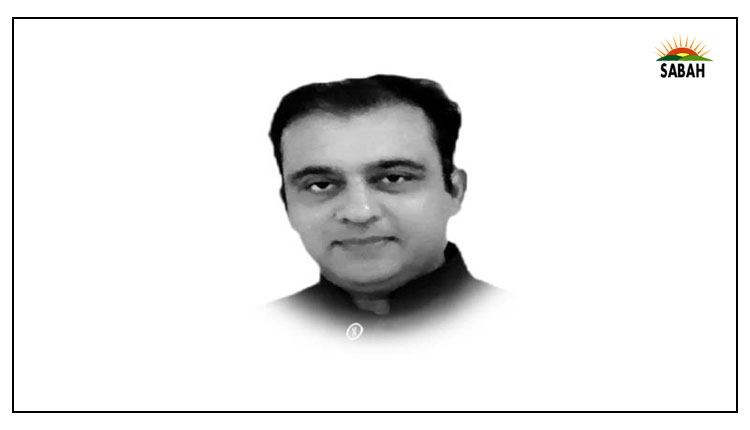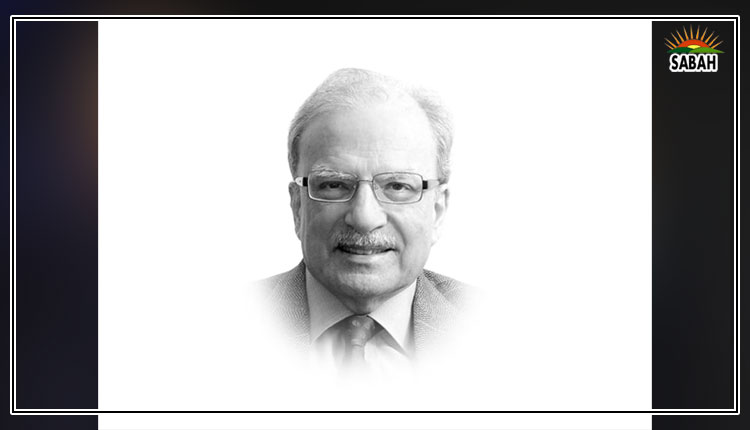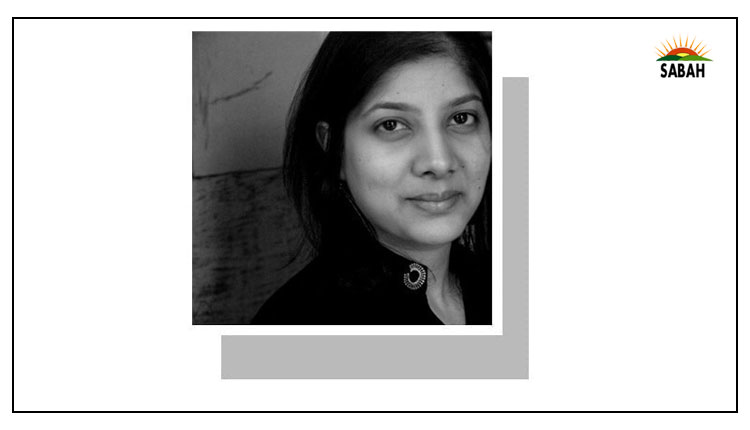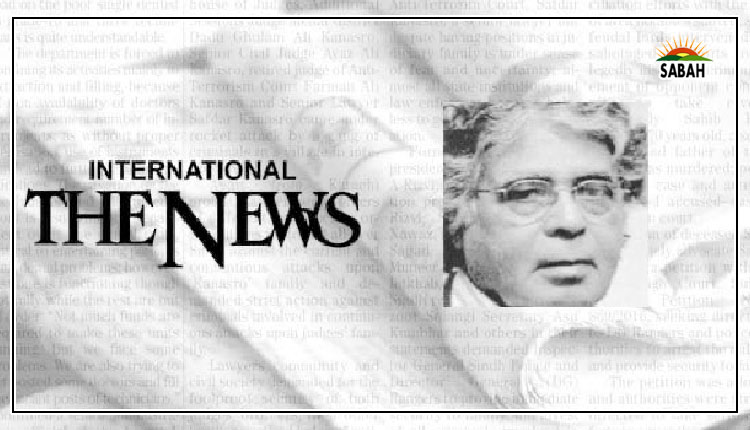Mughal-e-Azam vs Modi ۔۔۔۔۔ Ghazi Salahuddin
Have you watched ‘Mughal-e-Azam’? This question, posed to any cinema enthusiast, would readily invoke a reference to that epic movie made by K Asif, himself a ‘moghul; in the annals of Bollywood. There is a treasure of trivia about how this blockbuster was made, remaining in production for a number of years.
Yes, the film was released more than sixty years ago, though a colour version made in 2004 became kind of its revival. Anyhow, what has not diminished in any sense is that song that may be defined as a lover’s anthem: ‘Jab pyaar kiya to darna kya’. Its picturization was considered magical in those times when the technology now available was non-existent.
But why am I talking about an old movie and what is the need for dwelling on its merits now? Well, one of the most exciting experiences I have had during my present sojourn in southern California was that I had an opportunity to see ‘Mughal-e-Azam’. And I did that not in a cinema but a theatre – not the movie but the musical.
True, the musical is totally based on the movie – a tribute that matches the stature of K Asif’s cinematic achievement. Quite appropriately, it is billed as ‘a cinema on stage’. I must confess that I was not aware of the remarkable success of this visual spectacle, conceived and staged on the lines of a Broadway musical. That is why I was a bit intrigued by the thrill and anticipation it had created in the South Asian community here about the arrival of the musical in Long Beach. It happened last weekend, with two shows.
The buzz had been building up because the musical was on its North American tour for more than three months, visiting major cities. The tour ended in Long Beach, in Los Angeles county, and I attended its finale on Sunday that was marked by much emotion and ceremony. An excellent theatre with the capacity of more than 1700 was overflowing with applause and excitement.
Now, I intend to use this memorable encounter as a peg for my thoughts that were prompted by the fact that a major Indian show was celebrating the glory of the Mughal Empire in the times of Narendra Modi. As would be expected, the audience in Long Beach, as it would be in other cities, was overwhelmingly Indian – and the Indian diaspora is happily wedded to Modi’s Hindutva crusade.
I concede that a fictional love story that is situated in the court of Akbar the Great has no obvious political undertones and catered mostly to the nostalgia that the older generation of the expatriates feeds on. But, in any case, ‘Mughal-e-Azam’ is about the golden period of Muslim rule in India and it romanticizes that age, with hints about the religious harmony that Akbar promoted. Still, the glory of the Mughals is not likely to retain its glimmer in the history that the Hindutva fanatics are now re-writing.
An interesting point here is that Emperor Akbar is considered by some Indian scholars and liberal intellectuals as the personification of India’s secular heritage, an antithesis of the country’s present drift. I would particularly want to refer to the views expressed by Amartya Sen, India’s leading public intellectual who was awarded the Nobel Prize for Economic Sciences for his contribution to social science theory in 1998.
Before doing that, I should again admit that the stunning musical that I saw is not about the rule and the life of Akbar, though it deserves a comment in the context of popular entertainment. While director Feroz Abbas Khan’s musical is a tribute to the movie, K. Asif himself was inspired by the 1922 play ‘Anarkali’ by Imtiaz Ali Taj. It may also be noted that like the movie, the musical is projected in a grand style, being the most expensive production in the history of Indian theatre. As many as 150 members of the cast and crew travelled with the troupe. The songs were performed live with a pre-recorded orchestra.
It is hard to imagine that Bollywood would attempt a serious biopic of Akbar like, for instance, Hollywood’s ‘Oppenheimer’ or soon to be released ‘Napoleon’. But the Mughal king is certainly worthy of such treatment. From our perspective, a study of how the Muslim, particularly Mughal, rule affected the freedom movement during the Raj. One also thinks about the comparative assessment of the rule of Akbar and Aurangzeb.
Coming back to Amartya Sen, I am tempted to quote an entire paragraph from his book ‘The Argumentative Indian’: “To widen the path of economic development, one has to expand the democratic system, which provides for greater liberalisation of political rights. This has been our heritage for a long time. Mughal emperor Akbar tried this exchange of opinion in the 16th century when in Europe, the likes of Giordano Bruno were being burnt to death”.
Sen is extremely critical of the ‘exclusionary’ thinking of the Hindutva movement. Besides Akbar, his heroes are Asoka and Buddha. These are figures that Sen returns to again and again. He argues that tolerance of heterodoxy was also present in Islamic India, particularly among Sufis. He writes at length about the “tolerant multiculturalism” of Akbar’s court.
There are, no doubt, many critics of Sen’s views in India and some of them are rather harsh and xenophobic in their rejection of any thought that Islam believes in religious tolerance. This is how Hindutva has spread its anti-Muslim narrative in a country that professes, constitutionally, to be a secular democracy – the largest in the world, at that.
‘Mughal-e-Azam’, the musical, was first staged in 2016 and has by now been on tour in many countries of the world. The finale I attended was preceded by a recorded message of the late Lata Mangeshkar in which she mentioned comments made about her singing of that Naat for the movie, being herself a Hindu: “Bekas pe karam kijiye Sarkar-e-Madina”. In Modi’s India, something like this would very likely create a rumpus.
The writer is a senior journalist. He can be reached at: ghazi_salahuddin@hotmail.com
Courtesy The News


